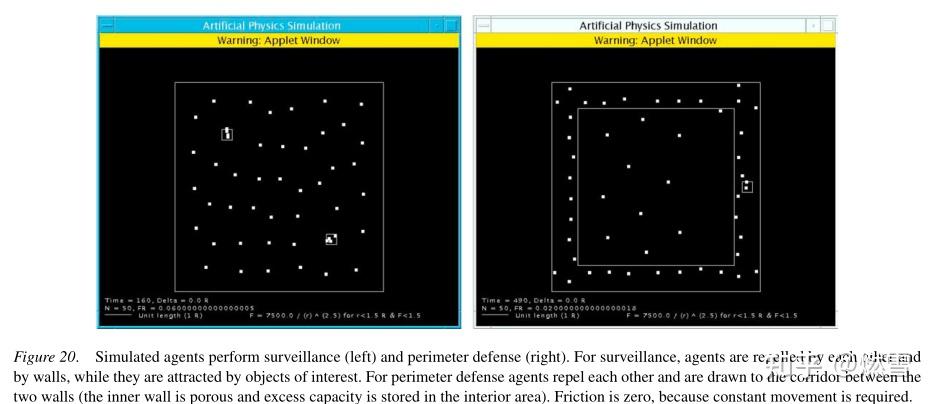|
In recent years, the world has witnessed a significant transformation in the healthcare industry due to the rapid advancements in digital technology. The emergence of digital healthcare has revolutionized how medical services are delivered, empowering both patients and healthcare providers with innovative solutions that improve accessibility, efficiency, and patient outcomes. One major aspect of digital healthcare is the integration of electronic health records (EHRs). EHRs replace the traditional paper-based systems by digitizing patient information, making it easily accessible to authorized healthcare professionals. This digitalization enables seamless sharing of medical data between different healthcare settings, enhancing collaboration and reducing errors caused by illegible handwriting or missing files. Furthermore, EHRs provide a comprehensive overview of a patient's medical history, allowing physicians to make better-informed decisions and personalized treatment plans. Another groundbreaking development in digital healthcare is telemedicine. With the widespread availability of smartphones and high-speed internet, patients can now connect with healthcare providers remotely, eliminating the need for in-person visits for routine consultations. Telemedicine offers numerous benefits, especially for individuals in rural or underserved areas who may face challenges accessing specialized care. It also reduces the burden on healthcare facilities, streamlining the appointment process and minimizing waiting times for patients. The rise of wearable devices and health tracking applications has also contributed to the digital healthcare revolution. These devices, such as fitness trackers and smartwatches, collect real-time health data, including heart rate, sleep patterns, and physical activity levels. By continuously monitoring these metrics, individuals can take proactive measures to maintain their well-being and prevent potential health issues. Moreover, this data can be shared with healthcare professionals, enabling remote monitoring and early intervention when necessary. Artificial intelligence (AI) has emerged as a powerful tool in digital healthcare, offering tremendous potential for diagnosis, treatment, and drug discovery. AI algorithms can analyze vast amounts of medical data, identify patterns, and generate insights that aid in early detection of diseases. Additionally, machine learning algorithms can enhance the accuracy and efficiency of medical imaging, enabling radiologists to detect abnormalities with greater precision. AI-powered chatbots and virtual assistants also provide personalized health information and guidance to patients, answering their queries promptly. Privacy and security concerns are integral to digital healthcare, and robust measures must be in place to safeguard patient data. Encryption techniques, stringent access controls, and adherence to strict regulatory frameworks are essential to protect sensitive medical information from unauthorized access or data breaches. Building trust in the digital healthcare ecosystem is crucial to ensure widespread adoption and acceptance by both patients and healthcare providers. In conclusion, digital healthcare has transformed the landscape of medicine, offering unprecedented opportunities to improve patient care, enhance accessibility, and drive efficiencies within the healthcare system. The integration of electronic health records, telemedicine, wearable devices, and artificial intelligence has paved the way for a future where healthcare is more personalized, efficient, and proactive. As technology continues to evolve, the potential for further advancements in digital healthcare is vast, promising a revolution that will continue to shape the future of medicine.  |
